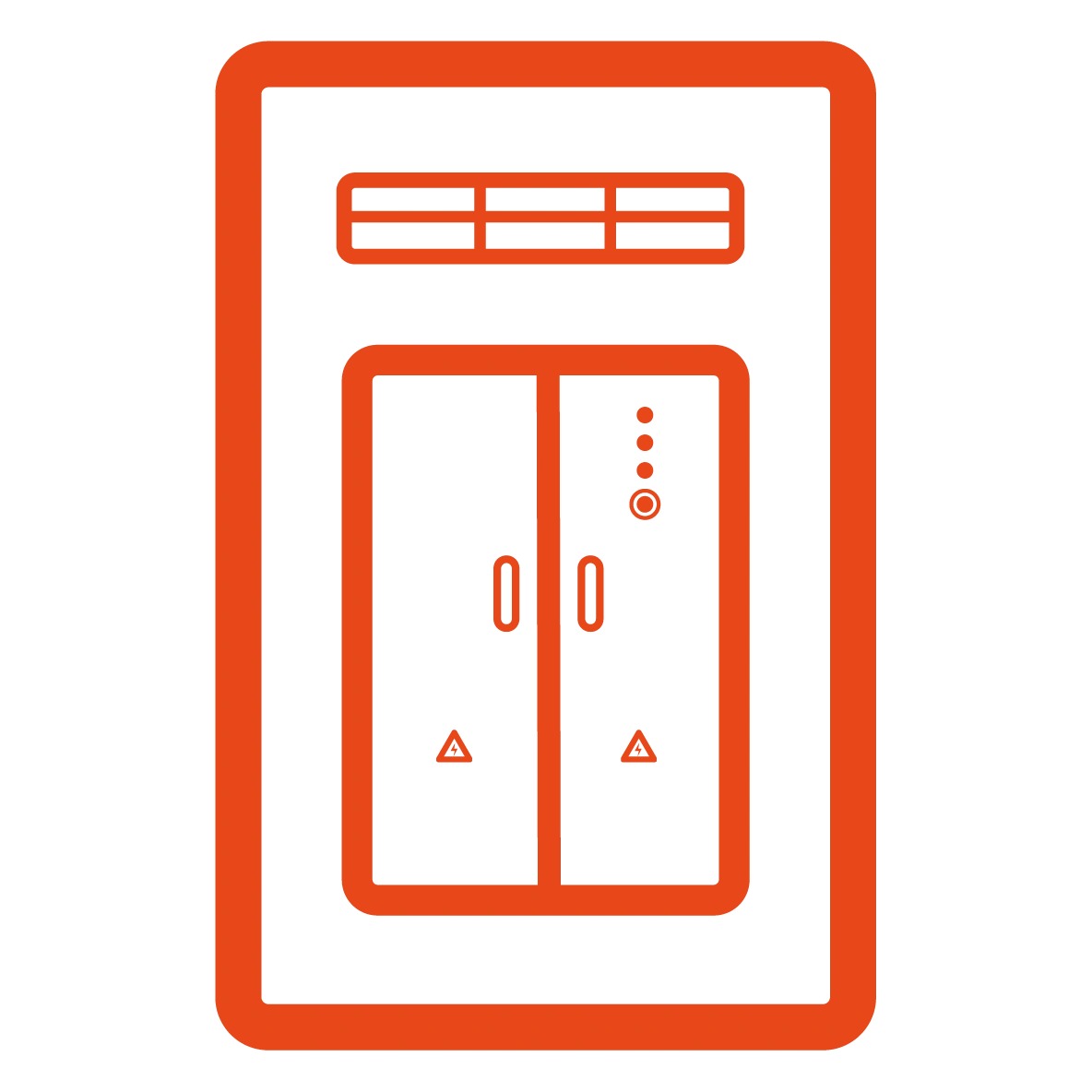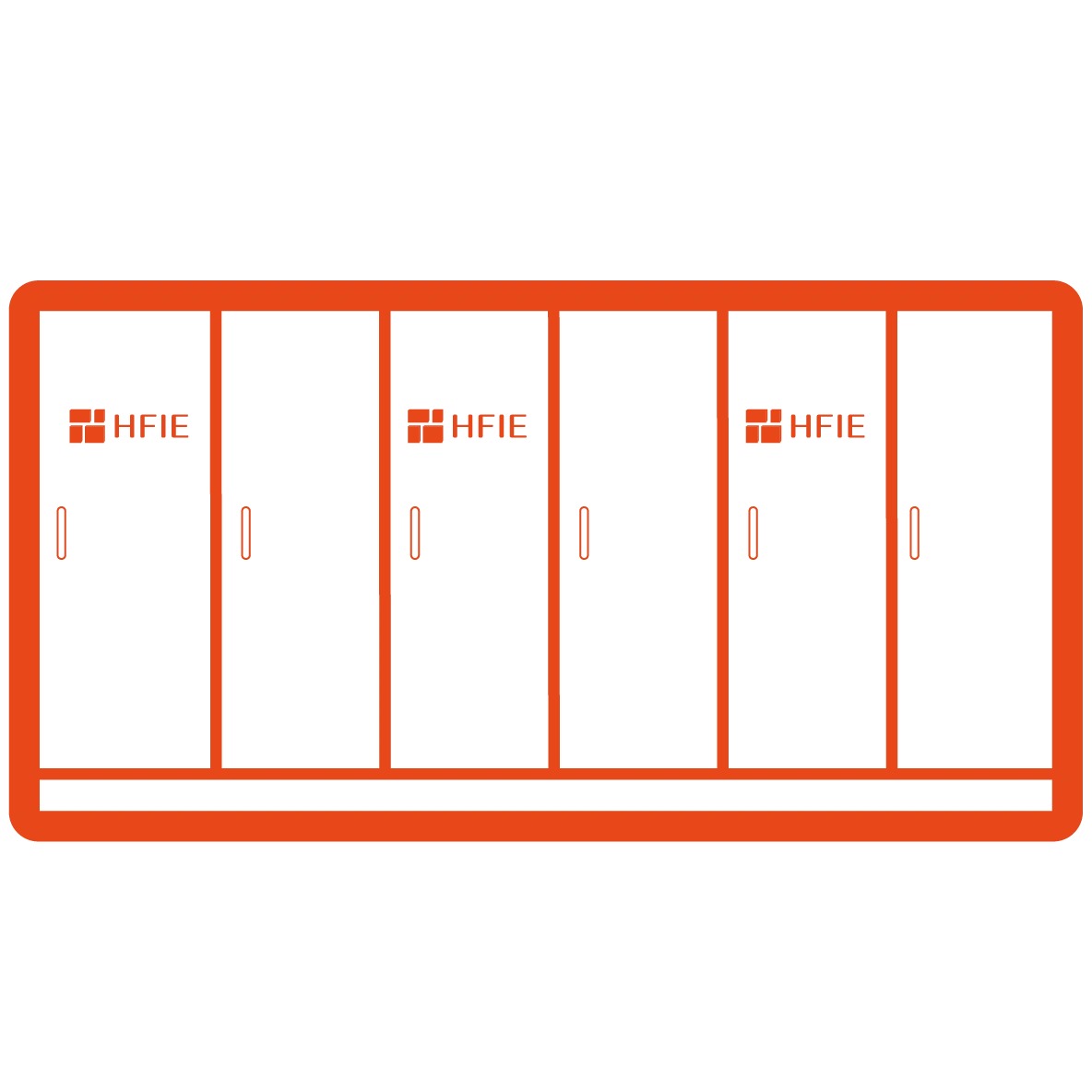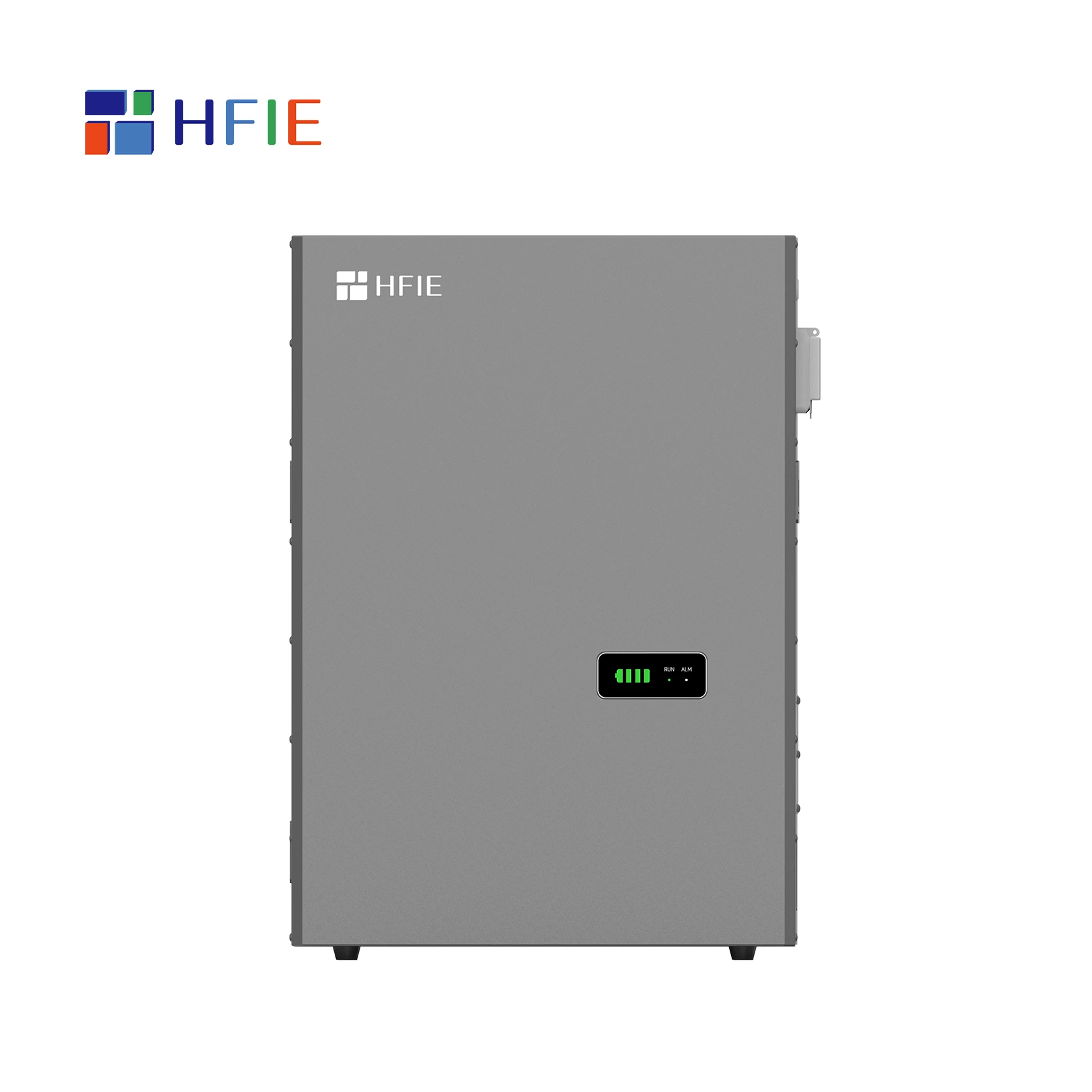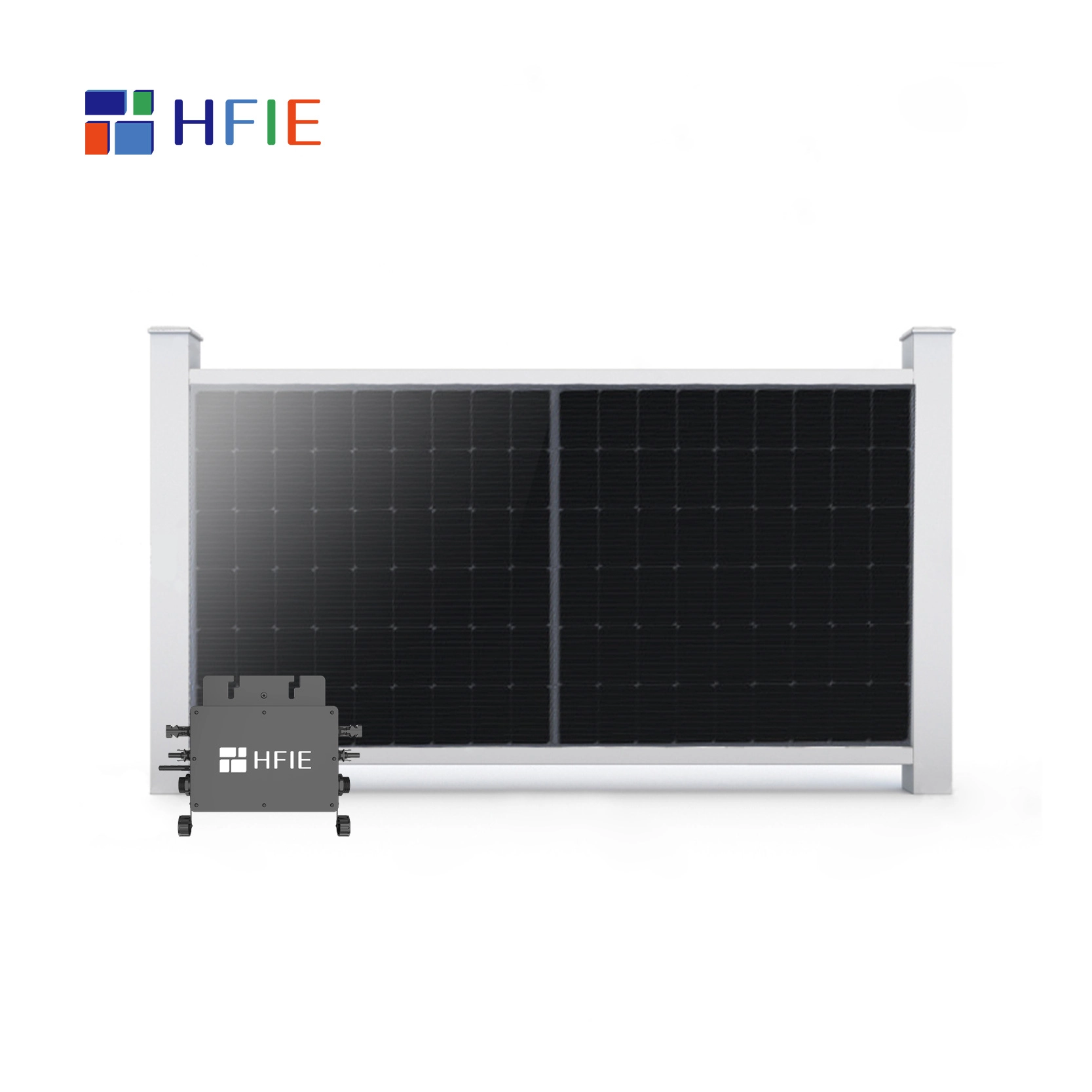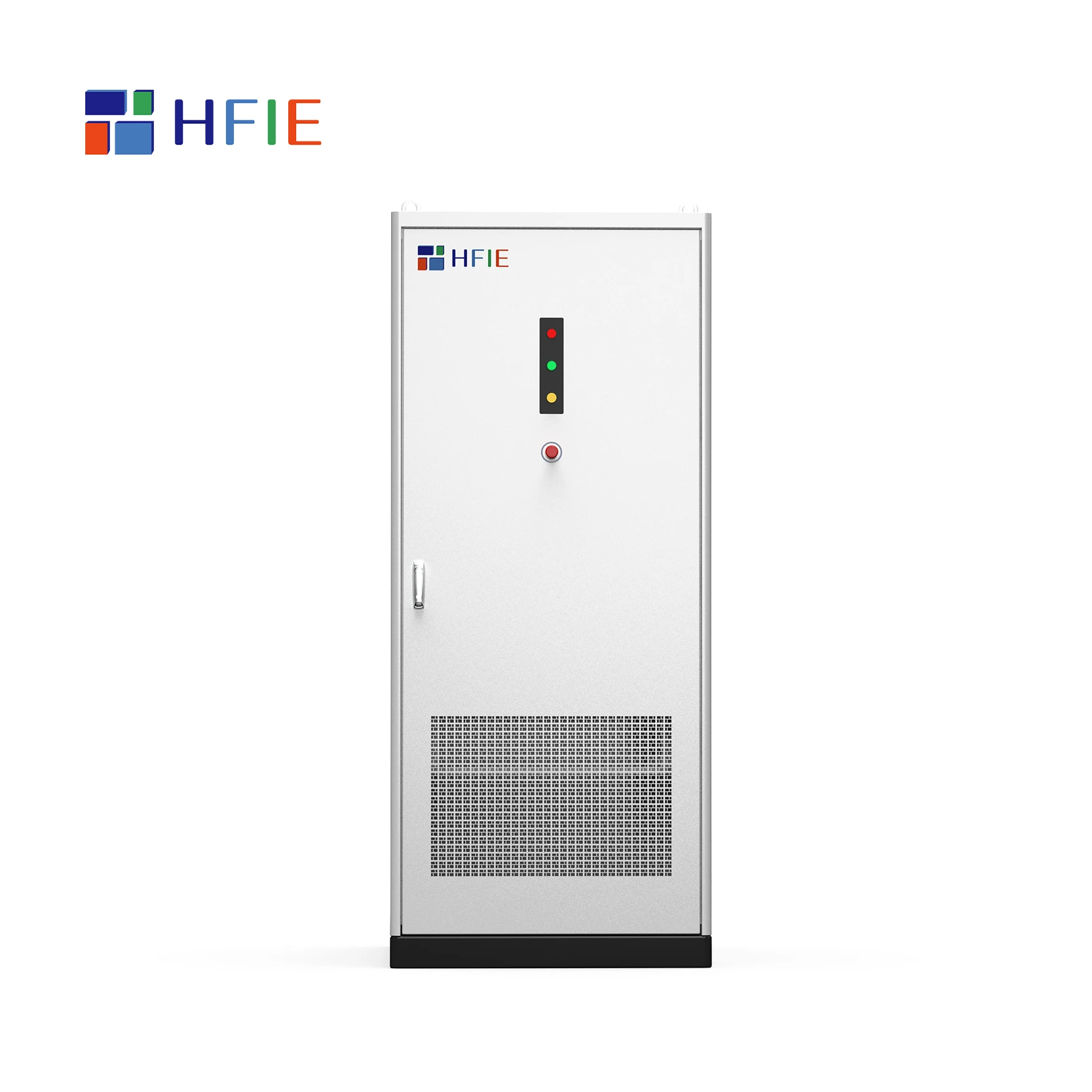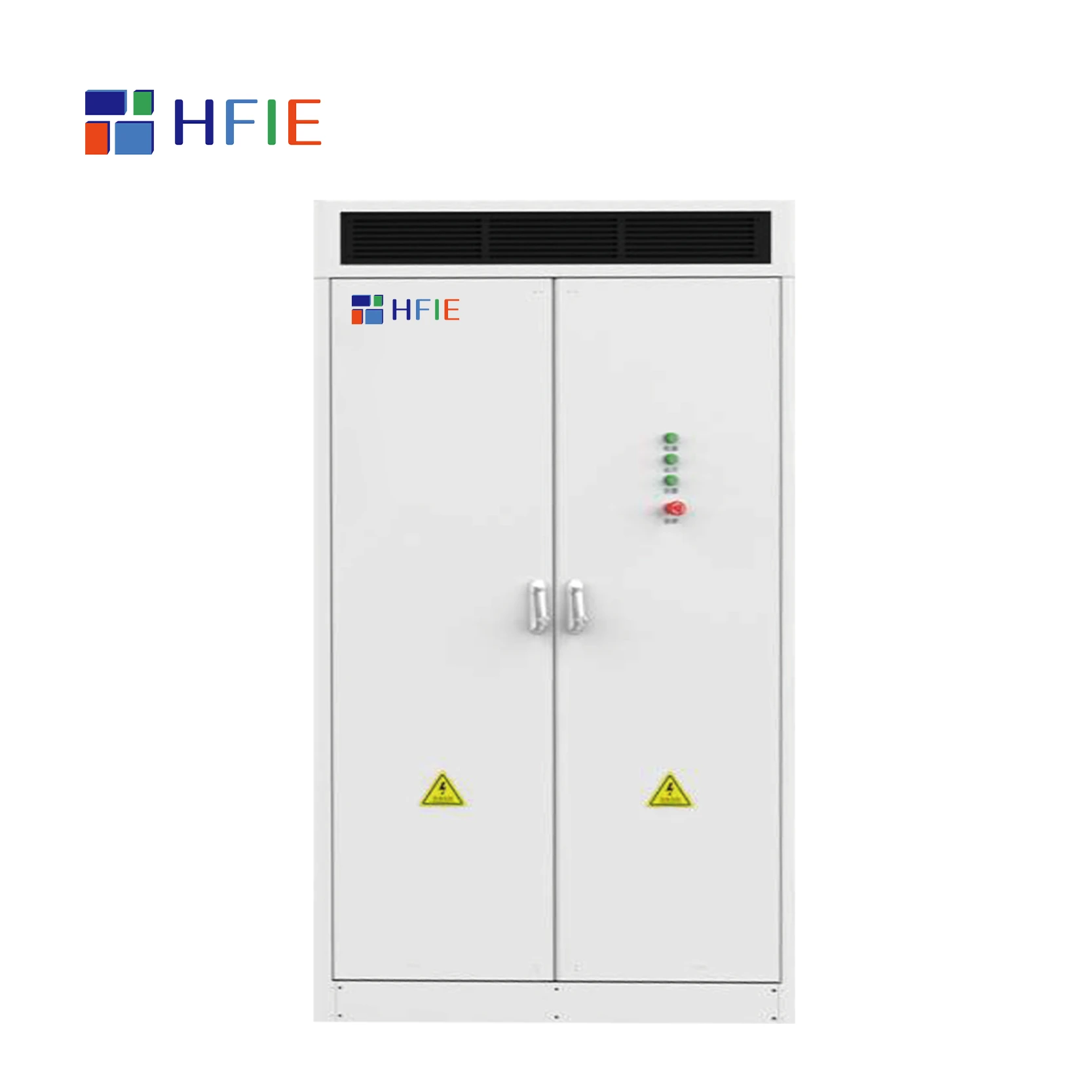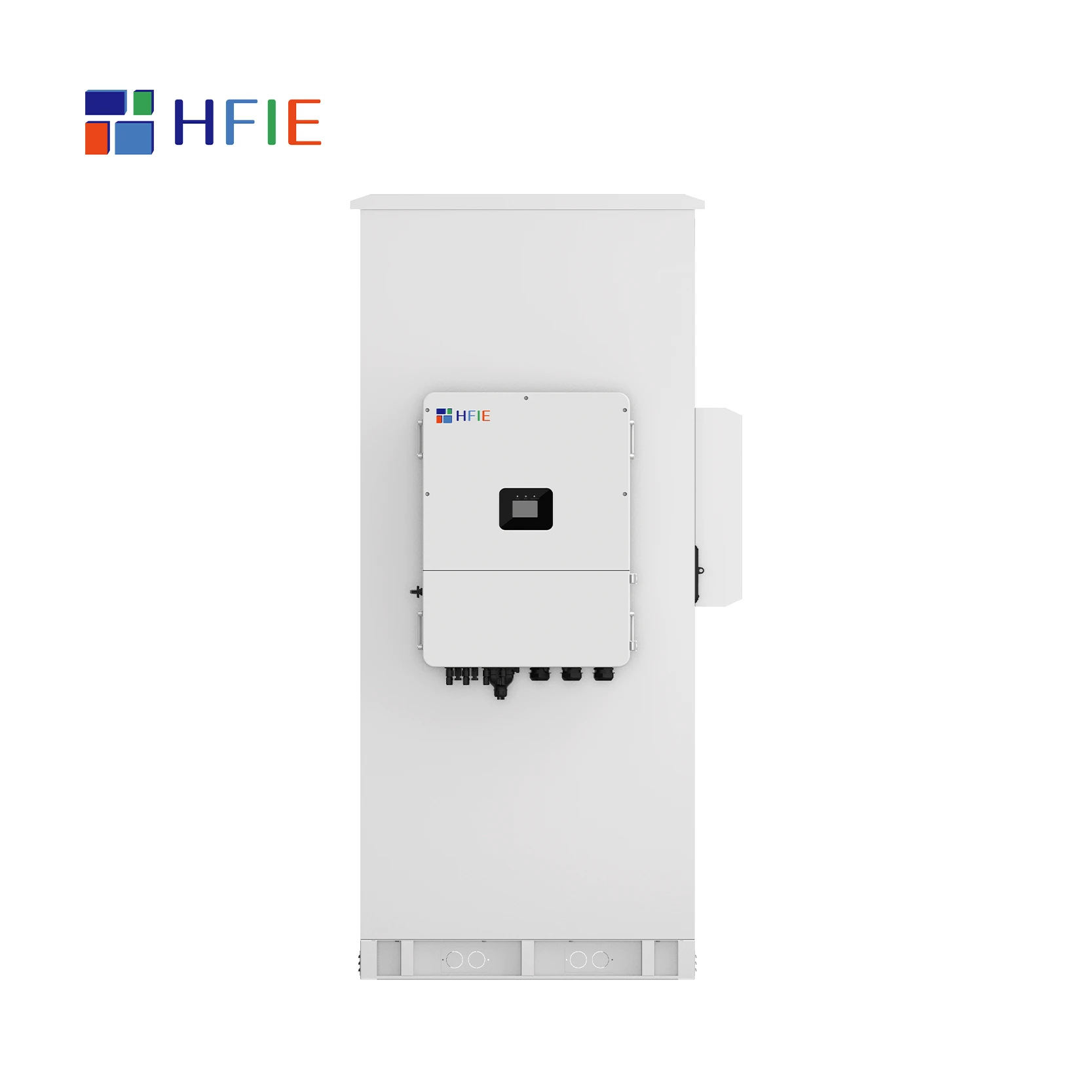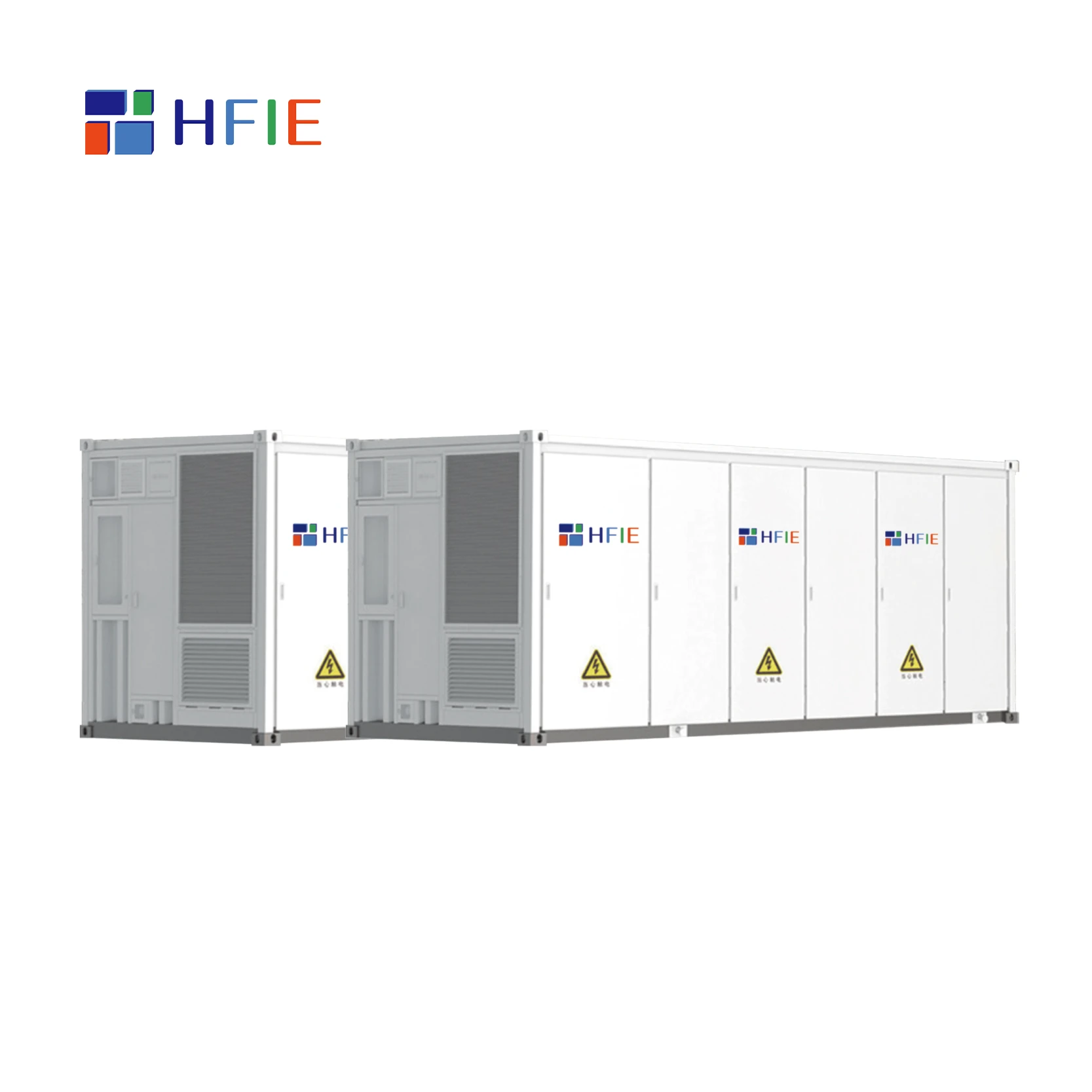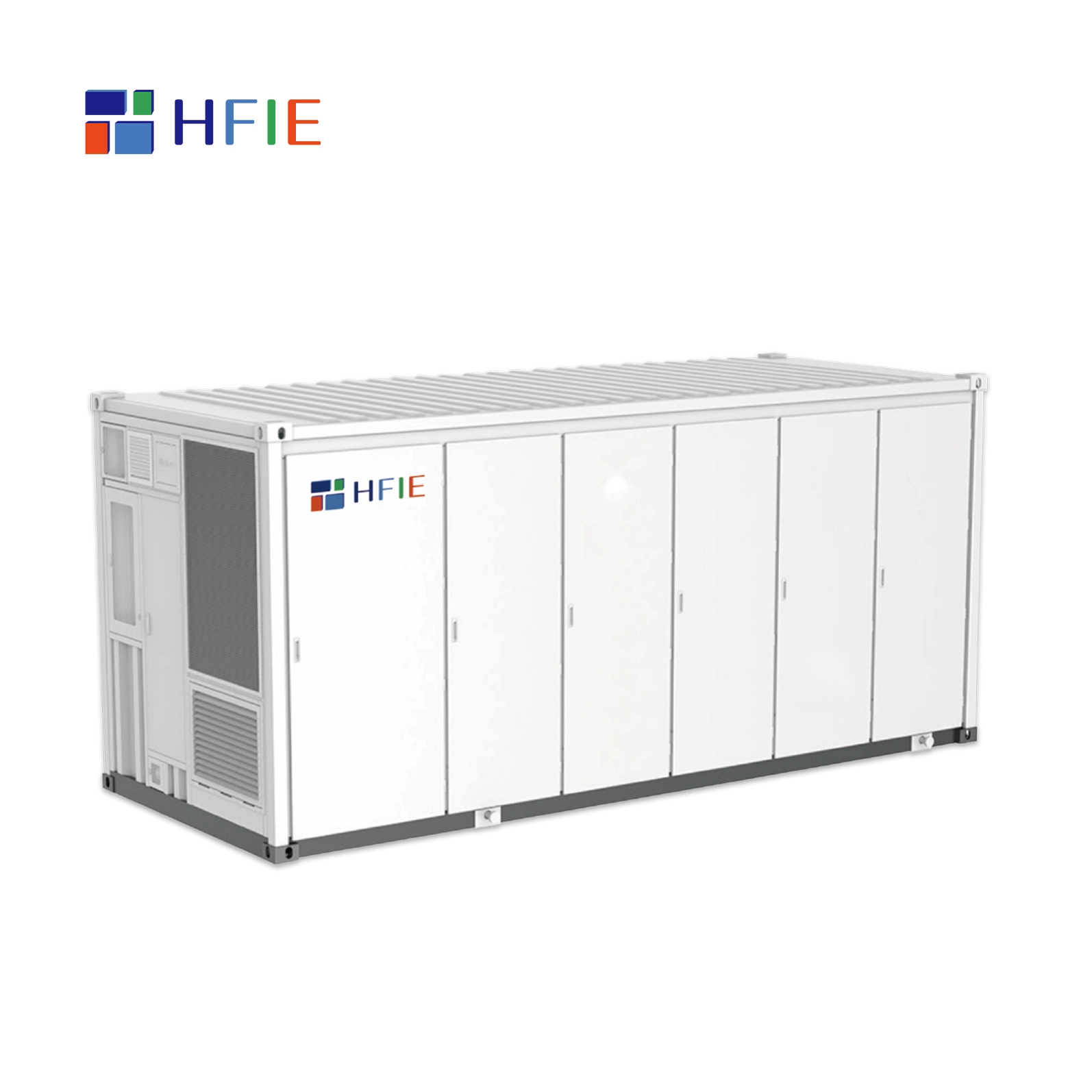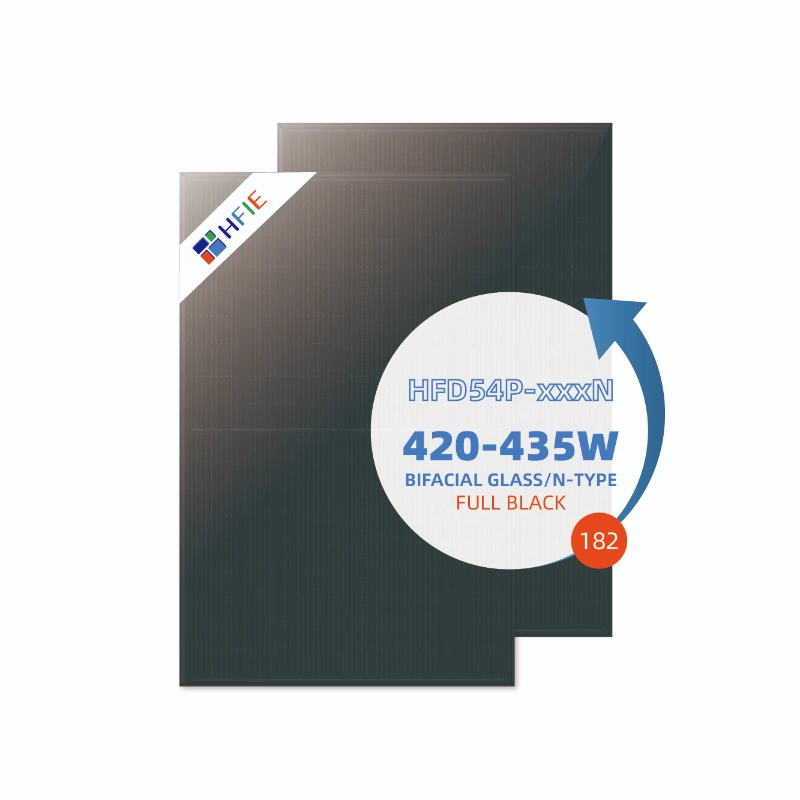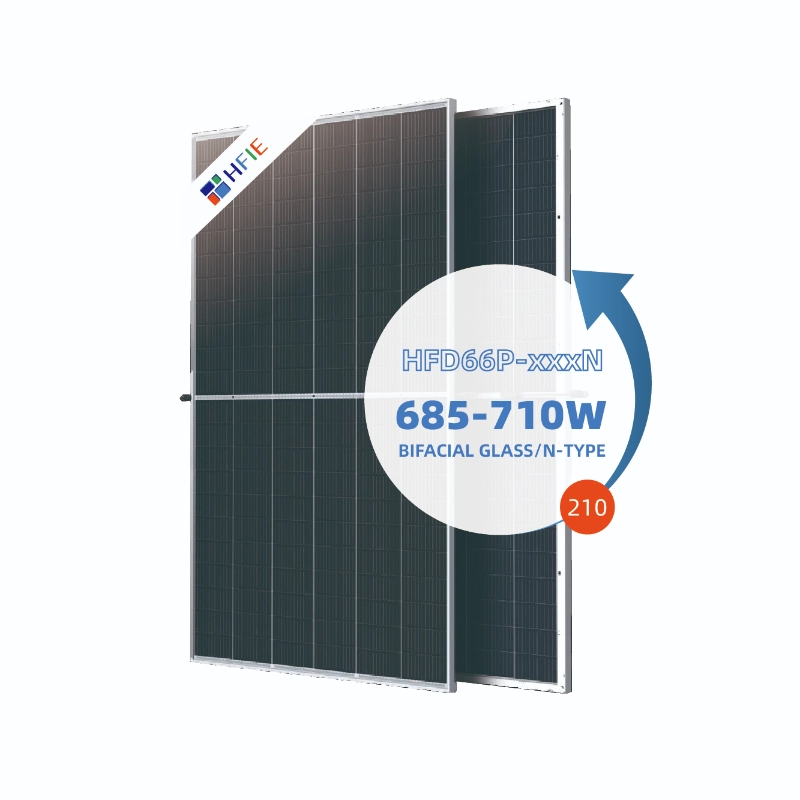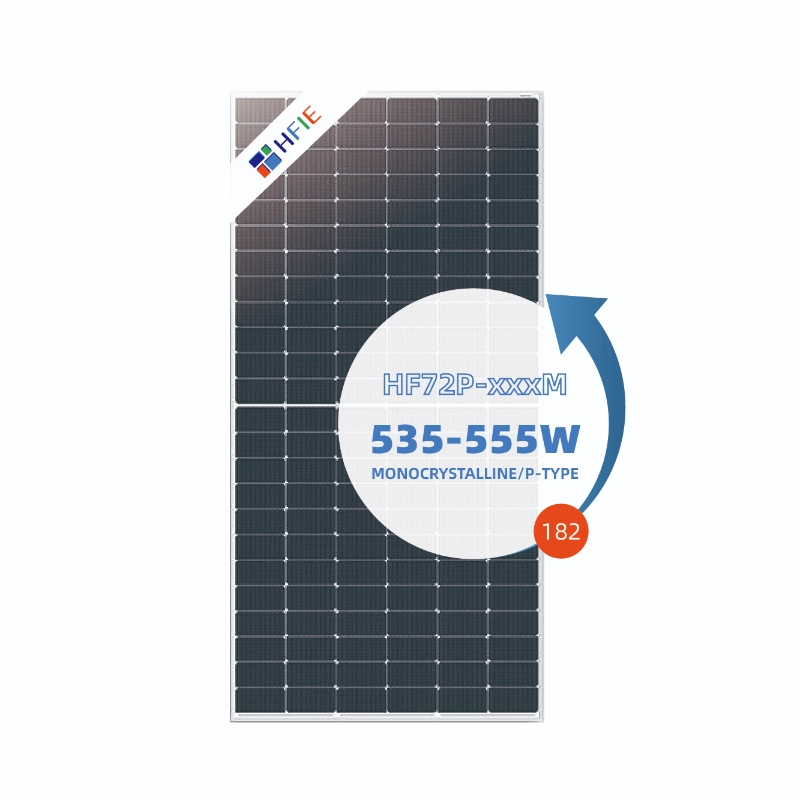Solar panels convert sunlight into electricity, providing sustainable energy. They reduce reliance on fossil fuels, lower electricity bills, and decrease carbon footprints. In the field of photovoltaic technology, N-type solar panels and P-type solar panels are two main technological routes. They differ significantly in materials, processes, performance, and application scenarios, each with its unique advantages.
High-efficiency N-type solar panels are known for their long life and are an advanced photovoltaic technology. Unlike P-type panels, they use different doping processes, featuring materials with higher electron mobility, which minimizes electron loss and enhances performance. The manufacturing process of N-type panels typically includes passivation technologies such as PERC or TOPCon, which further reduce surface recombination rates and improve the overall performance of the cells.
N-type panels perform particularly well under low-light conditions. Their higher sensitivity to light allows them to maintain high power generation efficiency even on cloudy days or during early mornings and evenings when light is weak. With a lower temperature coefficient, N-type panels exhibit less performance degradation in high-temperature environments, making them suitable for long-term use in hot regions.
Compared to P-type panels, N-type panels are more resistant to light-induced degradation (LID) and potential-induced degradation (PID). They can maintain higher power generation efficiency over long-term use, making them an ideal choice for long-term energy production.
P-type solar panels are a photovoltaic technology that uses positively charged (p-type) silicon as the base material. Stable P-type solar panels have relatively mature manufacturing processes and lower costs, occupying a significant share of the market. P-type panels are known for their reliability and are widely used in residential and commercial solar systems.
One of the advantages of P-type panels is their cost-effectiveness. Due to their simple production process and high level of mass production, P-type panels have lower manufacturing costs, making them competitively priced and an economical choice.
P-type panels also perform well under standard test conditions. Although their theoretical efficiency limit is lower than that of N-type panels, their performance in practical applications meets the needs of most users. Especially in regions with abundant sunlight, the power generation efficiency of P-type panels narrows the gap with N-type panels.
Hefei Hefu Intelligent Energy Co.,Ltd. specializes in the research and development and application of energy storage products. The company focuses on the development of core energy storage technologies, integrating the application of electrochemical energy storage batteries and power technologies to create intelligent and safe energy storage products. Through system integration innovation and business model innovation, the company meets the diverse needs of customers in multiple scenarios. Its product portfolio includes centralized energy storage, commercial and industrial energy storage, residential energy storage systems, and portable energy storage. By sharing low-carbon green energy solutions with partners, the company is committed to building a leading brand in the energy storage industry, aiming to become the second “Nanfu Battery.” If you have any needs for purchasing solar panels, please feel free to contact us.




